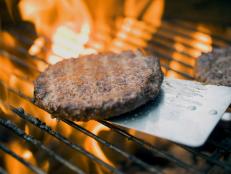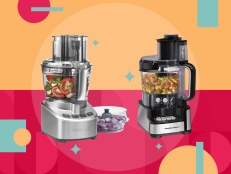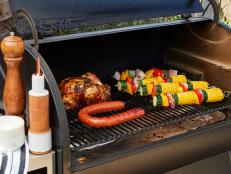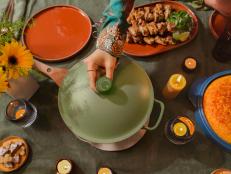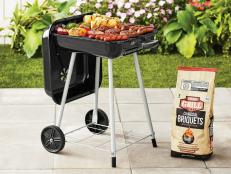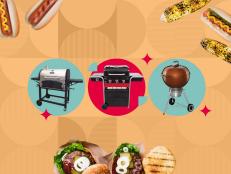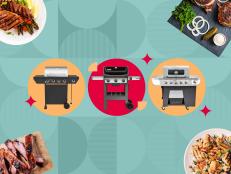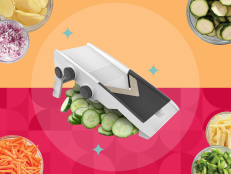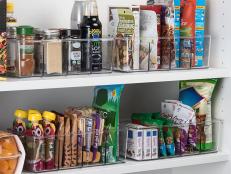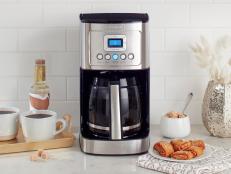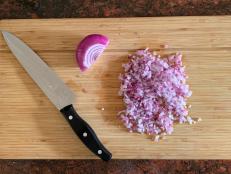7 Tips to Help You Avoid Getting Food Poisoning

You had a great time at the summer picnic, sampling a little bit of everything. Hot dogs, burgers, macaroni salad, potato salad, fruit salad, buttered corn on the cob — your paper plate was heaped high with them all. You left feeling full and satisfied. But you woke up the next day feeling sick as a dog with food poisoning. How do you know which food was the culprit?
Figuring out the "guilty" food item in a food-poisoning outbreak can be tricky, but IBM scientists have designed a new computer system that aims to expedite the process, the company recently announced. The system uses algorithms, visualization and statistical analysis to parse retail and public health data, and then figure out which products are likely to blame in a food borne disease outbreak. And while it can't predict an outbreak in advance — at least, not yet — it can shorten the time it takes to locate the source and halt the spread before more damage is done.
Given the fact that one in every six people are affected by food borne diseases in the United States each year, leading to 128,000 hospitalizations and 3,000 deaths, according to IBM, this new technology can be a real lifesaver.
But of course nothing beats prevention, and there are steps we can all take to lower our chances of getting food poisoning. Here are a few:
1. Wash Well — Often: Before and after you handle food, especially raw milk, poultry, seafood and eggs, wash your hands thoroughly with warm-to-hot soapy water. Wash knives and other utensils, cutting boards (preferably not wooden) and cooking surfaces with hot soapy water before using them. And be sure to wash raw vegetables and fruits thoroughly before eating them, especially if you're not going to cook them.
2. Don't Mix It Up: Prevent cross-contamination by separating raw meat, poultry, eggs, fish and shellfish from other foods when you shop for, prepare and store them.
3. Cook Thoroughly: Cook foods to these recommended temperatures to kill harmful bacteria: ground beef, ground turkey and other ground meats, 160-165 degrees F; steaks and roasts, at least 145 degrees F; fresh pork and ham, 145 degrees F; chicken, turkey and other poultry, 165 degrees F; and fish, 145 degrees F. Don't guesstimate — use a food thermometer to be sure.
4. Keep It Cool: Perishable foods should be refrigerated or frozen within two hours of being bought or prepared. If the weather is hot, don't leave them out for more than an hour.
5. Thaw Wisely: Defrost food in the fridge or microwave or by running cold water over it — not by leaving it out at room temperature.
6. Eat Carefully: Avoid eating raw, undercooked or spoiled meat, poultry, fish, shellfish, sprouts and eggs (check expiration dates); unpasteurized milk, cheese, juice and cider; and uncooked deli meats and hot dogs, especially if you are pregnant, elderly, very young — or if you have a weakened immune system.
7. If You're Not Sure If Something Is Good, Pitch It: That old saying "When in doubt, throw it out" is solid advice. It may feel wasteful, but better to spend a second feeling a little remorseful now than a day feeling seriously remorseful tomorrow, right?

























